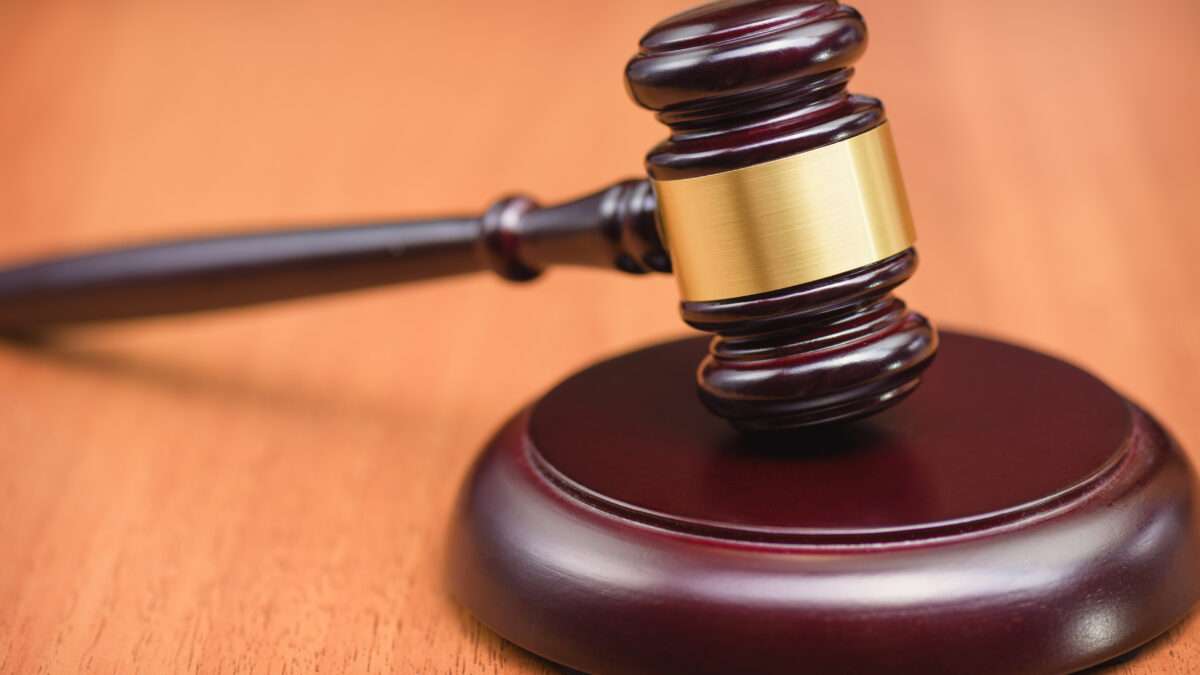Supreme Court OT2023 in the Final Stretch
The Supreme Court issued nine opinions in two days this week as the justices work to finish up October Term 2023. The justices have decided forty-seven cases thus far, with fourteen left to go (though these fourteen may be decided in as few as twelve opinions). Wednesday, June 26 will be the next opinion day. If the justices are ready to issue four or five opinions per day, they could meet the traditional-if-informal deadline of ending their work before July.
As I have noted before, the justices have shown a surprising degree of unanimity thus far this term. (See also this post by Adam Feldman at Empirical SCOTUS.) The Court has been unanimous in the judgment in 55 percent of the cases decided this term. Note, however, that in some of these cases the justices have diverged sharply in their reasoning, and not all of those cases featured a unanimous opinion for the Court. Today's opinion in Smith v. Arizona is a case in point, as are Trump v. Anderson and Vidal v. Elster. Given the cases left for the justices to decide, the overall proportion of unanimous decisions is likely to drop.
Among those cases that were not unanimous, two were 8-1, three were 7-2, thirteen were 6-3, and three were 5-4. Of note, only five of the Court's 6-3 decisions thus far this term divided the justices along traditional ideological lines. Some of those cases have also featured quite surprising line-ups, such as today's decision in Erlinger v. United States, in which Justice Gorsuch wrote for the Court, joined by the Chief Justice and Justices Thomas, Sotomayor, Kagan, and Barrett, while Justices Alito, Kavanaugh and Jackson dissented.
In terms of individual opinion authorship, here is where we stand.
- Sotomayor: 7
- Thomas: 7
- Kagan: 6
- Kavanaugh: 5
- Jackson: 5
- Alito: 4
- Barrett: 4
- CJ Roberts: 3
- Gorsuch: 3
There have also been three per curiam opinions, and some cases are likely to be merged into a single opinion (e.g. the two Chevron cases, Relentless and Loper-Bright will almost certainly be decided in a single opinion; we'll see if that happens with the two NetChoice cases).
Thus far this term, the "liberal" justices have written thirty-eight percent of the opinions for the Court, despite representing only one-third of the Court. This leads me to think we will few (if any) additional decisions authored by Justices Sotomayor, Kagan, or Jackson—though I think one more Jackson opinion is likely.
Now, for what you've all been waiting for, my purely speculative predictions for what we may see for the balance of the term.
- SEC v. Jarkesy—Gorsuch
- Purdue Pharma—Roberts
- Loper Bright/Relentless—Roberts
- Corner Post—Gorsuch
- Ohio v. EPA– Barrett (a change from prior prediction of Kavanaugh)
- NetChoice—Alito (though likely a splintered mess across the two cases)
- Murthy—Barrett (a change from prior prediction of Gorsuch)
- Snyder—Jackson
- Fischer—Gorsuch
- Grants Pass—Alito
- Moyle v. U.S.—Kavanaugh
- Trump v. U.S. – Roberts
As always, these predictions are worth no more than you paid for them, though I will note that I correctly called Rahimi, Texas v. New Mexico and Smith but not Erlinger.
The post Supreme Court OT2023 in the Final Stretch appeared first on Reason.com.


